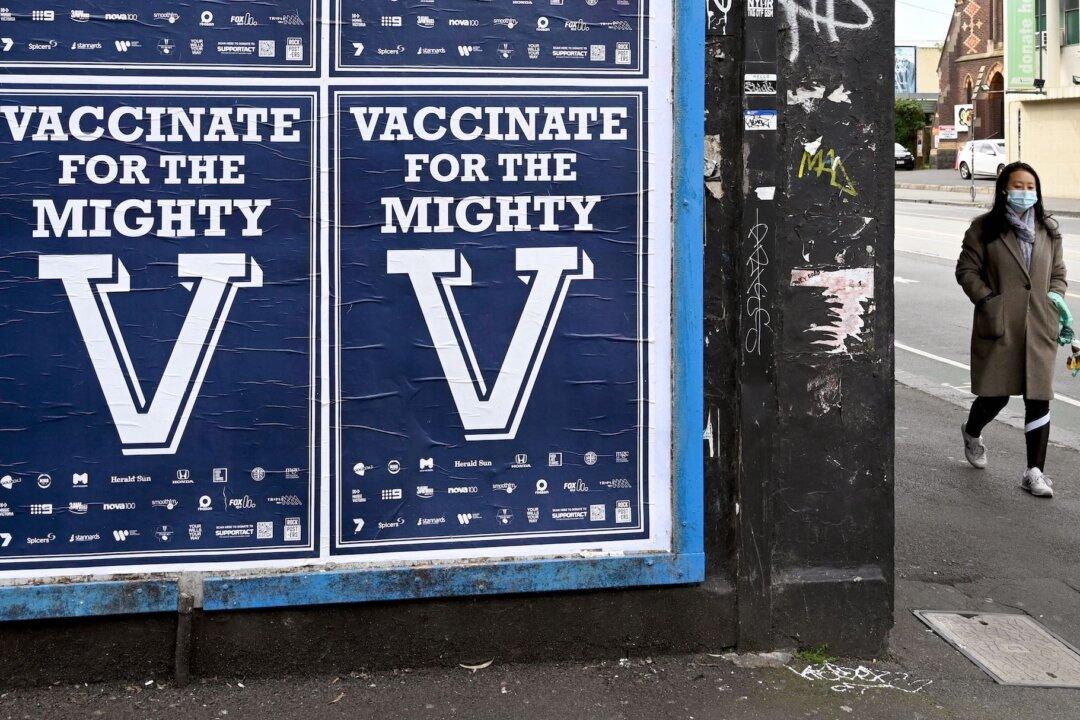Australia has announced a three-month extension of the “human biosecurity emergency powers” that allow it to restrict Australians from outbound international travel amid the CCP virus pandemic.
Due to end on Sept. 17, the emergency powers, which have been in place since March 2020, will continue until Dec. 17.





